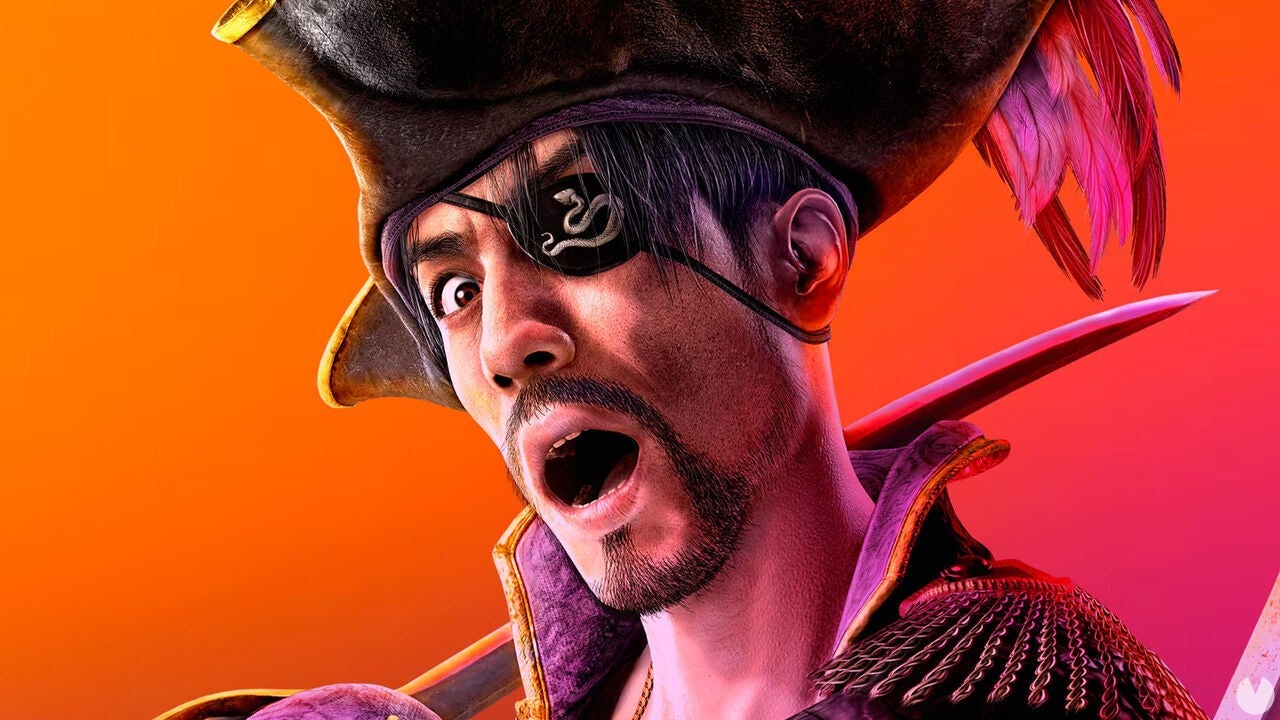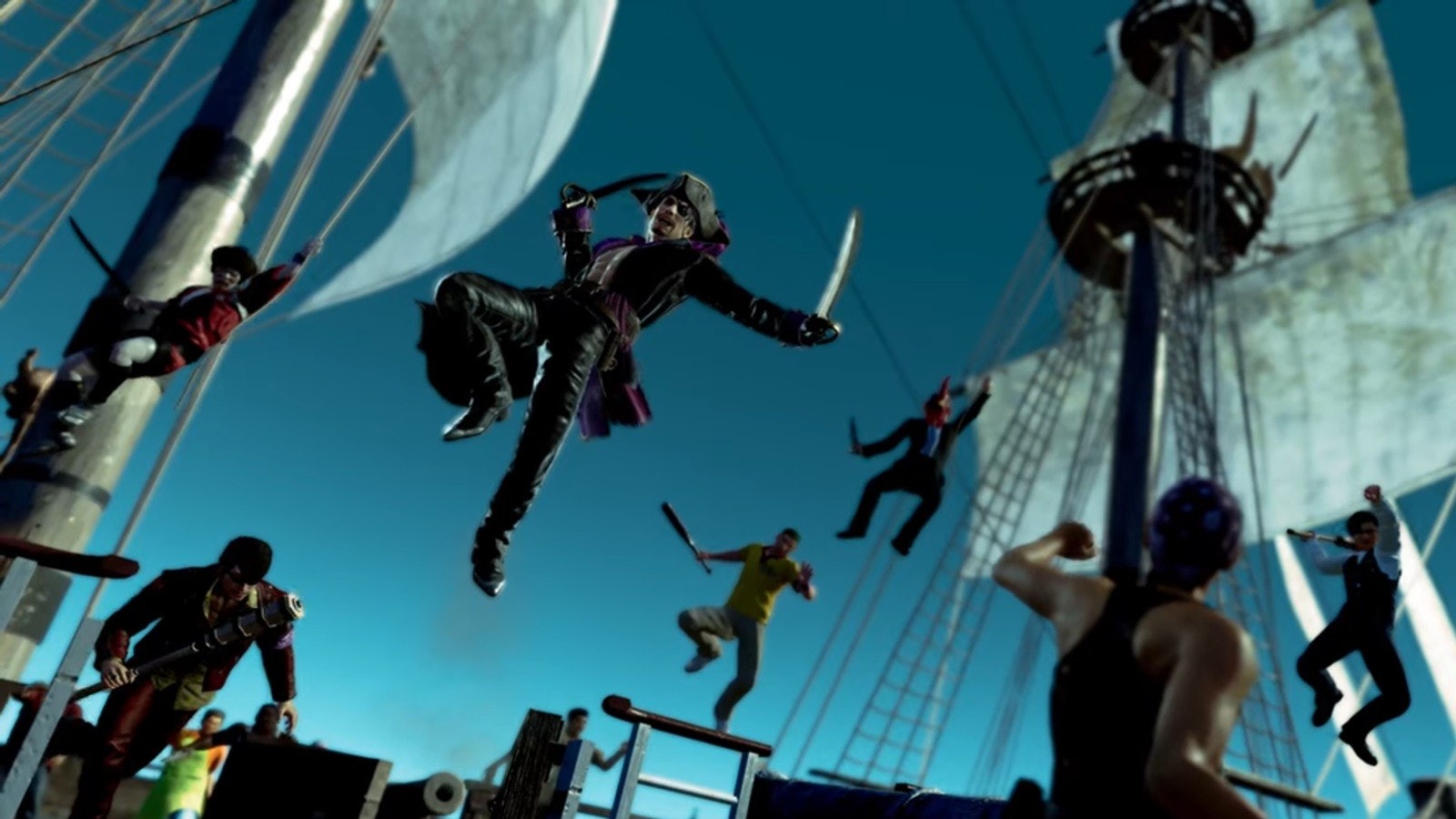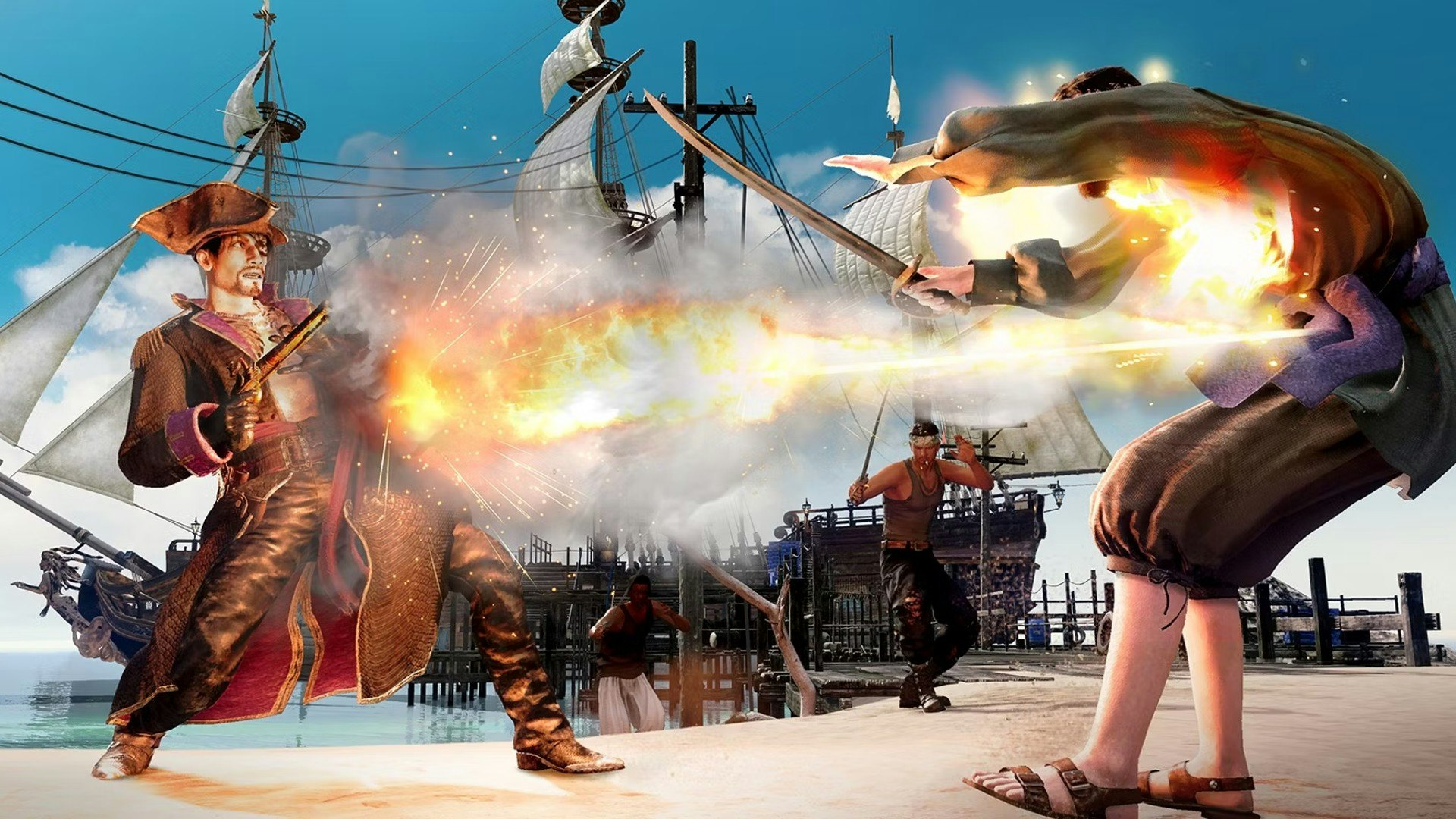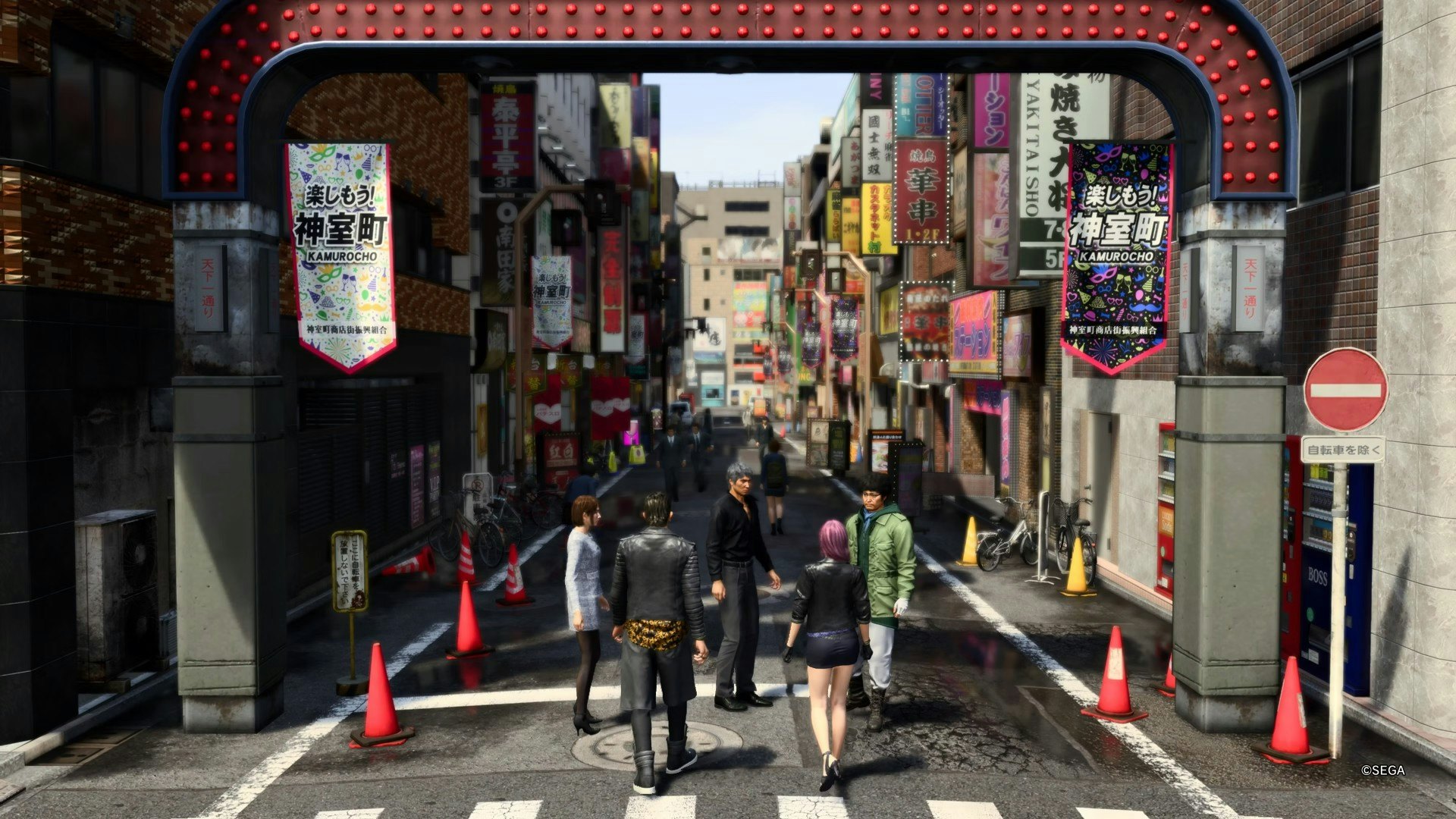
The next Yakuza game is about pirates in Hawaii — yeah, you read that right. In a series that constantly reinvents itself and pushes the envelope, Yakuza has, once again, found a way to one-up everything that’s come before. But as ridiculous as the premise is for Like a Dragon: Pirate Yakuza in Hawaii (the real title), it’s emblematic of the biggest strength of the bizarre series. Ryu Ga Gotoku Studio has found a winning formula, and a smart way of approaching both game development at large and growing a series. By deliberately drawing from past games and reusing content that’s already been created, RGG Studio has given itself the chance to innovate with fresh themes and narrative ideas. It’s an ingenious approach that should serve as an example to the industry at large.
Pirate Yakuza will make the third year in a row we’ve had a yearly Yakuza game, more than that in fact. Since 2020 RGG Studio has released Yakuza: Like a Dragon, Judgment Remastered, Lost Judgment, Like a Dragon Ishin, Like a Dragon Gaiden, Like a Dragon: Infinite Wealth, and now Pirate Yakuza. The studio also, somehow, found time to release two different Super Monkey Ball games in that time as well.

That’s seven games in just a five year time period, a staggering amount in any regard — but especially staggering when you consider almost all of these games have been exceptionally well-received, by both fans and critics. In that same time period we’ve seen two Assassin’s Creed games, only one new game from Naughty Dog, and zero new releases from RockStar.
Video games have become exceptionally expensive and time-consuming to make, which is why we’re seeing development timelines reach 5-6 years, sometimes even more. In the face of those ridiculous dev cycles, RGG Studio has found a different way of doing things, and it’s clearly working.
The real key to Yakuza’s success is the way the franchise builds upon itself with each entry, using the same locations, assets, and ideas over and over, but integrally providing fresh spins on them with each game. Kamurocho is the main setting of the Yakuza games, and each and every title has iterated on it, including this year’s Infinite Wealth. But it’s a brilliant format because Kamurocho is already created, it has a set layout and structure.

This means RGG can use the same city it's built in every game, carrying that foundation over while applying small updates or changes. You’re always in Kamurocho, but a dozen Yakuza games have shown the city changing over time, adapting to new technology, and its aging citizens. In that way, using Kamurocho isn’t just saving work time, it actually makes the city itself feel like a character — one that grows and changes in meaningful ways across the years.
Because the studio is using the same assets and locations, this allows it to be far more ambitious with its story, narrative themes, and gameplay elements like minigames. This is entirely what makes every game feel new and refreshing, because the studio has the time to be genuinely creative and innovative — when it doesn’t have to build every new game worlds from scratch.
Lost Judgment implemented a whole high school side story, Like a Dragon Gaiden gives Kiryu a bunch of special agent abilities, and Yakuza: Like a Dragon introduced the now-famous turn-based combat. These are all pretty drastic changes that likely wouldn’t have happened if RGG had to create entirely new assets for each game.
Infinite Wealth is the series’ biggest new location to date, with the enormous Honolulu City. But even with that huge undertaking, the studio clearly created the Hawaii setting with additional games in mind. Pirate Yakuza directly builds off of what was introduced with Infinite Wealth, capitalizing on all that new work that was put in.

This sentiment is explained further by Larian and Baldur’s Gate 3 publishing director Michael Douse. On Twitter, Douse comments on RGG’s output by saying “Fractal design. It’s genius. Persistence where it matters, renewal where it makes sense. Economically solid, but also in terms of managing a community it’s huge. Sports games been doing it for years. Unsure as to why more don’t.”
Yakuza’s approach obviously isn’t a one-size-fits-all fix, but it’s a genuine example of a studio adapting to the every rising cost and pressure of game development. Releasing a yearly game will likely start to become too much sooner or later, but at the moment it’s hard to deny that RGG Studio and Yakuza feel like they’re operating on a level above everyone else.







